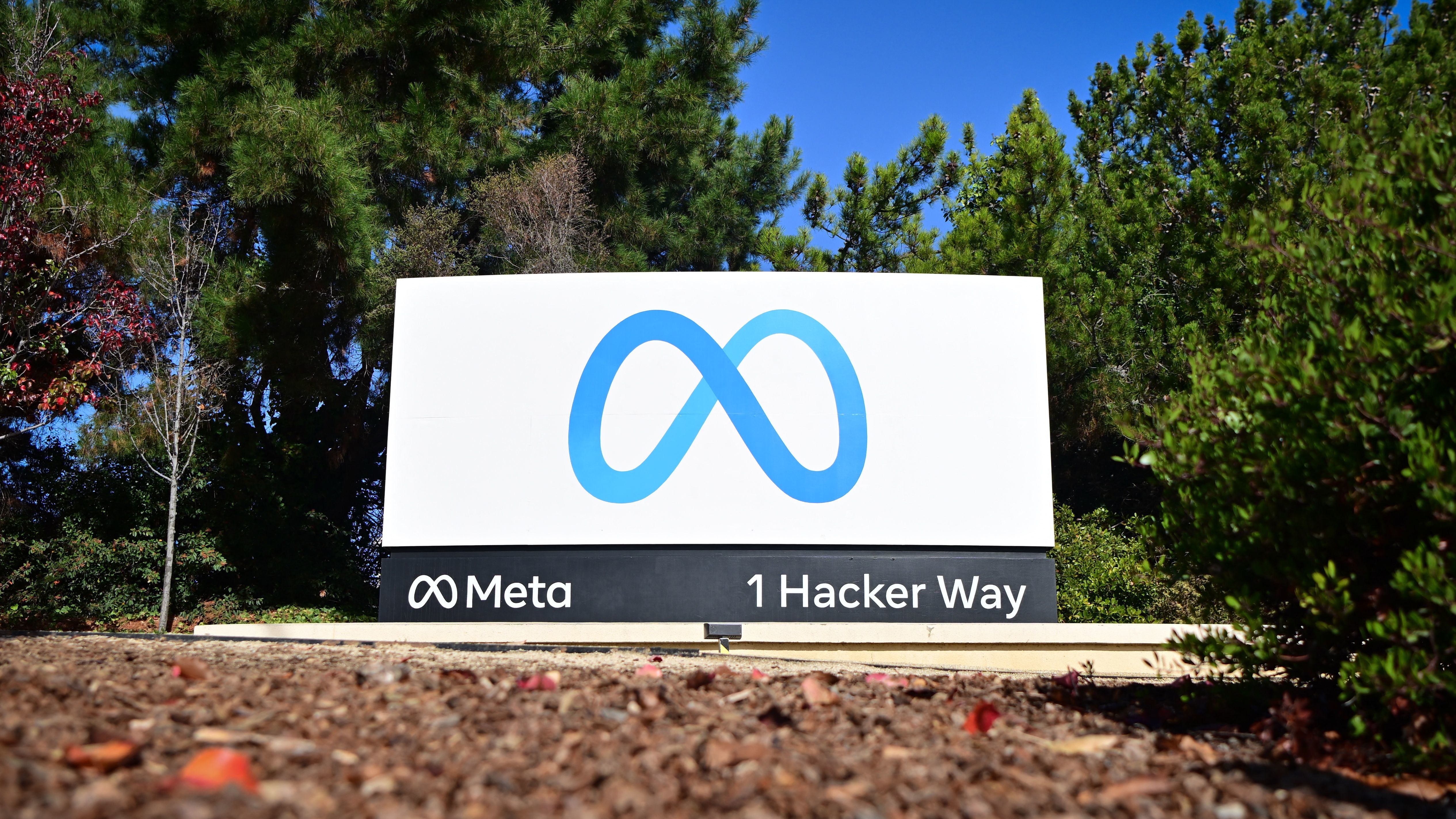Meta affirms 'open' approach to industry-wide metaverse development amid monopoly concerns
Mark Zuckerberg suggested that the firm’s VR/AR acquisitions will complement its broader metaverse ambitions rather than stifle third-party developers


Meta's chief executive Mark Zuckerberg has said the company still plans to build a platform that allows a wide pool of app developers to build digital experiences amid lawmaker's concerns over a potential metaverse monopoly.
The comments come amid an antitrust probe of Meta's latest acquisition of virtual reality firm Within Unlimited which sparked concerns that Meta may attempt to control the development of metaverse technology.
During his testimony at a California federal court, the Meta founder and CEO argued that the firm aimed primarily to support developers in expanding the virtual reality industry, rather than dominate it.
Representatives from the Federal Trade Commission (FTC) cited an email Zuckerberg sent in 2015 alluding to the company's ambition to create "most of the apps and software services" for the VR industry, Reuters reported, which appeared to indicate a different strategy.
The CEO likened the company’s current approach to that of Microsoft with its productivity suite. He suggested the motivation behind the deal is not centred around expanding its presence in the fitness space, but rather complements current efforts to develop productivity-focused metaverse experiences.
"It’s less important that we own the experiences than that they exist,” Zuckerberg said during the proceedings.
Zuckerberg has been highly vocal on the company’s productivity focus as it continues to build its metaverse estate.
Sign up today and you will receive a free copy of our Future Focus 2025 report - the leading guidance on AI, cybersecurity and other IT challenges as per 700+ senior executives
At the Connect event in October 2021, the company’s shift to a metaverse focus catered heavily to prospective business audiences and highlighted the potential long-term benefits for enterprises.
“Current use cases of augmented reality, including Spark AR, are great examples of how the metaverse will meet the physical world,” the company said in a November 2021 statement.
“We’ve already seen businesses use AR to allow customers to virtually drop furniture in their home to see how it would fit, or use AR to let people try on makeup or glasses right from their Facebook feed. Regardless of sector, there will be use cases for businesses that seek to leverage mixed reality and physical-world experiences.”
Financial Impact
While the tech giant has high hopes for its current metaverse ambitions, this shift has inflicted a significant financial toll.
In September, Meta revealed it had invested $36 billion into the Reality Labs division since 2019. Similarly, in the first nine months of this year, Meta lost $9.4 billion on its Reality Labs unit.
In an earnings call at the time, Zuckerberg added that the company expects the unit to have “significantly” wider operating losses in 2023.
But despite significant losses, Bosworth said this week that Meta plans to sharpen its metaverse focus moving forward, and the firm appears willing to incur further losses to facilitate development of what it views as a high-potential industry vertical.
Bosworth also revealed that around 20% of Meta’s overall investments will go toward Reality Labs.
“It’s a level of investment we believe makes sense for a company committed to staying at the leading edge of one of the most competitive and innovative industries on earth,” Bosworth wrote.
“The good news is that in the long run, we think 2022 will be remembered as a year when foundational pieces of technology enabling our vision for the future made their way into the hands of developers and users for the first time.”

Ross Kelly is ITPro's News & Analysis Editor, responsible for leading the brand's news output and in-depth reporting on the latest stories from across the business technology landscape. Ross was previously a Staff Writer, during which time he developed a keen interest in cyber security, business leadership, and emerging technologies.
He graduated from Edinburgh Napier University in 2016 with a BA (Hons) in Journalism, and joined ITPro in 2022 after four years working in technology conference research.
For news pitches, you can contact Ross at ross.kelly@futurenet.com, or on Twitter and LinkedIn.
-
 Gender diversity improvements could be the key to tackling the UK's AI skills shortage
Gender diversity improvements could be the key to tackling the UK's AI skills shortageNews Encouraging more women to pursue tech careers could plug huge gaps in the AI workforce
-
 Researchers claim Salt Typhoon masterminds learned their trade at Cisco Network Academy
Researchers claim Salt Typhoon masterminds learned their trade at Cisco Network AcademyNews The Salt Typhoon hacker group has targeted telecoms operators and US National Guard networks in recent years